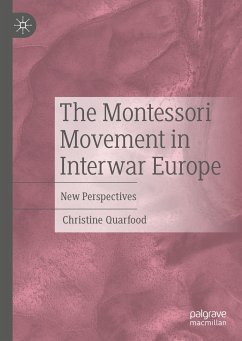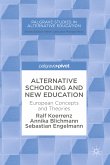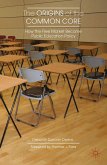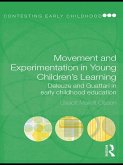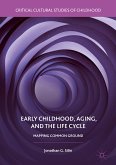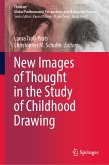"Of all the things I have read about Maria Montessori so far, this book is without doubt the best. Based on thorough research in archives, it examines the significance of Montessori and her movement, especially in her homeland of Italy, but not without including the international context of her career. For without the latter, the political relationship with fascism cannot be properly understood. From this perspective, the book offers many new insights and important nuances and justified corrections to all previous studies on the legacy of this leading lady in the history of education, whose name is inextricably linked to the "Casa dei Bambini". It is in these "houses for children" that she, as an Italian doctor, educator and innovator, sought to apply her educational method that built on the way children learn naturally - an adventure that set in motion a whole series of adepts, followers, imitators, defenders, etc., here superbly handled by Christine Quarfood." -Marc Depaepe, Emeritus Professor in the History of Education at the University of Leuven, Belgium, and Leading Researcher at the University of Latvia.
Dieser Download kann aus rechtlichen Gründen nur mit Rechnungsadresse in A, B, BG, CY, CZ, D, DK, EW, E, FIN, F, GR, HR, H, IRL, I, LT, L, LR, M, NL, PL, P, R, S, SLO, SK ausgeliefert werden.

